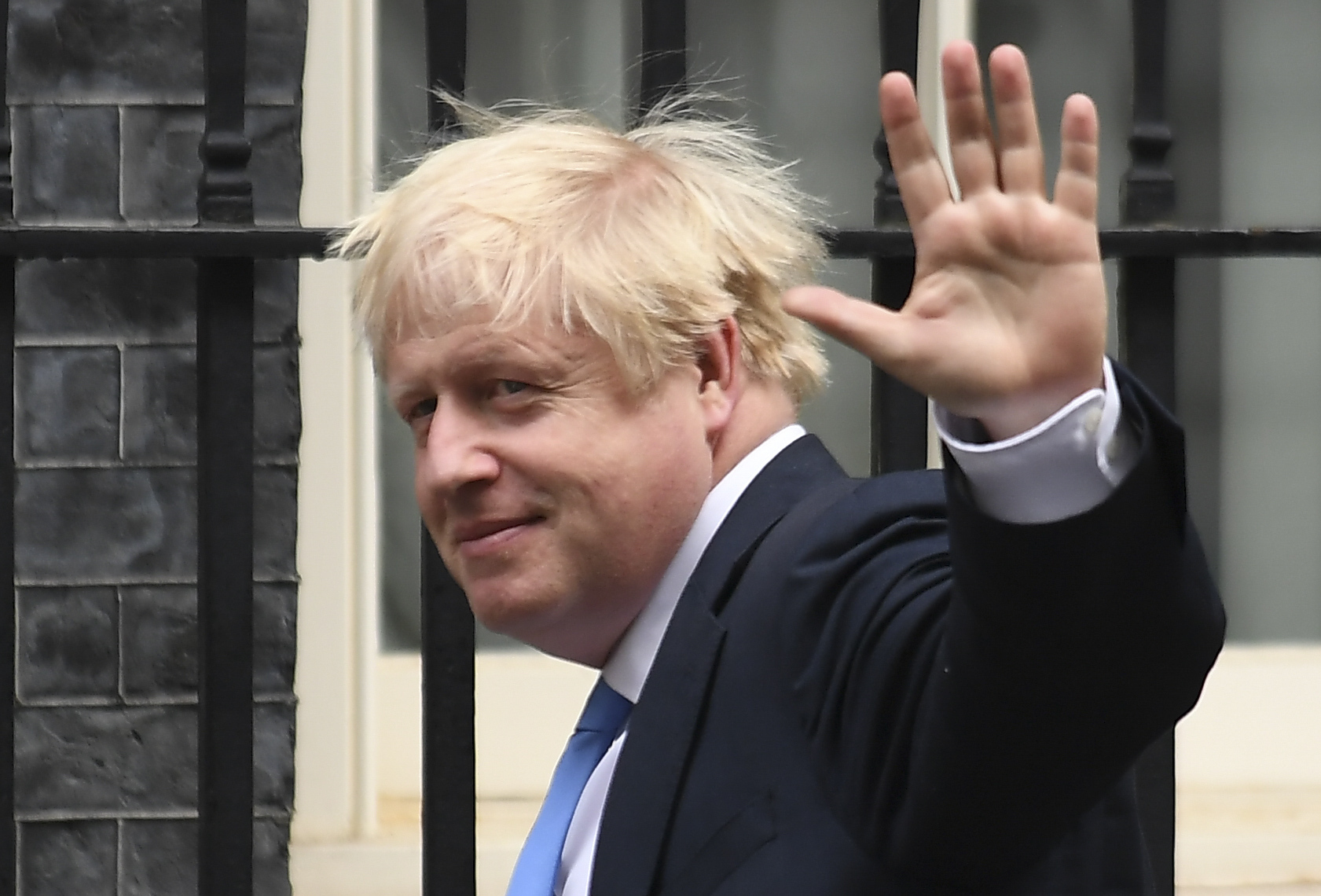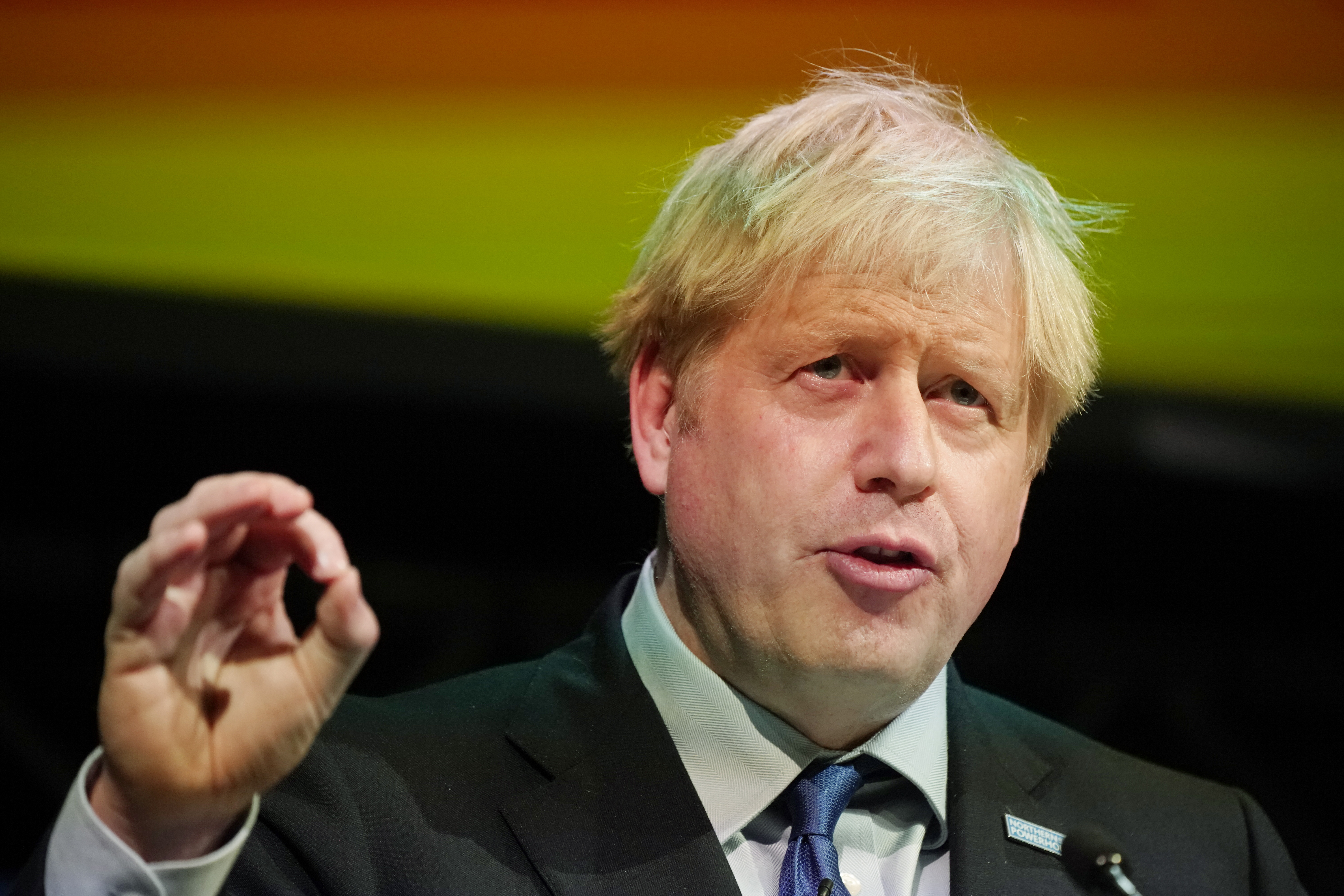Britain's parliament resumed on Wednesday after the Supreme Court ruled that Prime Minister Boris Johnson's order to suspend it was "unlawful, void and of no effect".
The judgement has hit Mr Johnson's authority, prompting calls for his resignation and cast further doubt on his promise to pull Britain out of the EU on 31 October, come what may.

Mr Johnson waves at the media as he arrives at 10 Downing Street. Source: AP
The Conservative leader landed back in London at around 10:30am after his trip to New York, heading straight into a political maelstrom triggered by Tuesday's damning court ruling that his decision to suspend parliament for five weeks was unlawful.
He is due to address parliament later on Wednesday over the ruling, while insisting that he would still not accept MPs' demands to ask Brussels for an extension to the Brexit deadline, according to his Downing Street office.
In the House of Commons, Attorney-General Geoffrey Cox accused MPs of being a "disgrace", as he defended the advice he gave to Mr Johnson saying the suspension was legal.
He accused lawmakers of being "too cowardly" to vote for a motion of no-confidence in the government, which would trigger an early election.
"This parliament should have the courage to face the electorate, but it won't, because so many of them are really all about preventing us leaving the European Union. But the time is coming, the time is coming, Mr Speaker, when even these turkeys won't be able to prevent Christmas."
The 11 Supreme Court judges ruled on Tuesday that the parliamentary suspension, which came into effect this month, was "unlawful, void and of no effect".
Mr Johnson had argued that shutting down parliament until 14 October was a routine move to allow his new government to set out a new legislative program.

British Prime Minister Boris Johnson. Source: Press Association
The ruling throws Mr Johnson's Brexit planning into disarray, coming after a series of defeats in parliament that have curbed his plans for Brexit even if there is no divorce deal with Brussels.
Mr Johnson told British media he "strongly disagreed" with the court decision but would respect it.
The prime minister is likely to also renew his call for an early election to end the stand-off with parliament, having said in New York on the sidelines of the UN General Assembly on Tuesday that it was "the obvious thing to do".
Additional reporting: AAP

